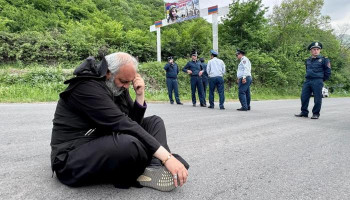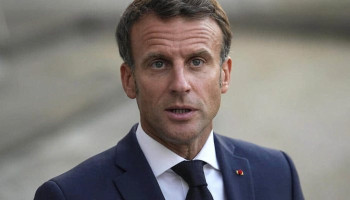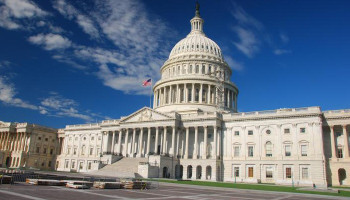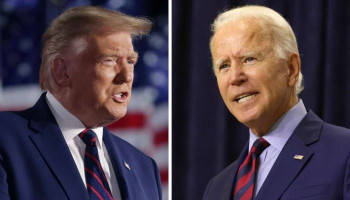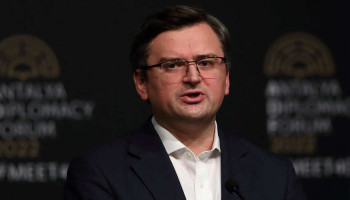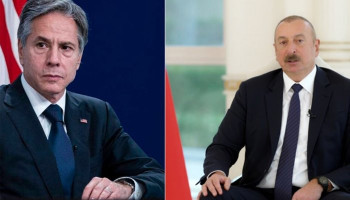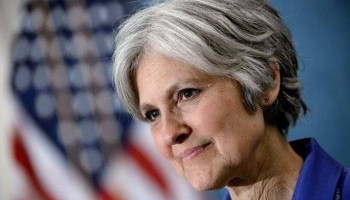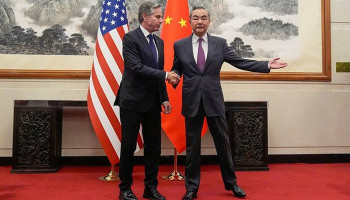U.S., Europe Threaten New Sanctions Against Moscow
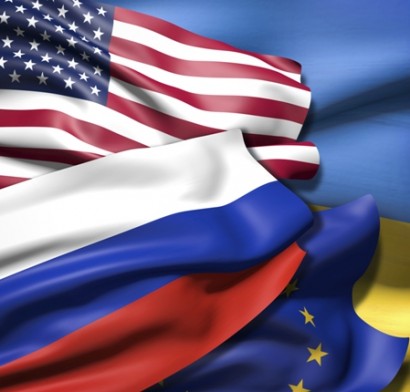 U.S. and European leaders threatened new sanctions against Moscow after a missile attack blamed on pro-Russian separatists killed 30 civilians in the eastern Ukrainian city of Mariupol, the latest escalation in violence that has brought Kiev’s fight with rebels back toward full-scale war. Russia reacted with defiance, blaming Kiev and its Western backers for the surge in fighting, but it also called for urgent talks on implementing a September cease-fire. Separatists backed off earlier threats of a broad offensive on Mariupol and other targets, but shelling along the contact line between the two sides was extremely heavy over the weekend, Ukrainian military officials said. U.S. President Barack Obama said he was deeply concerned about the latest break in the cease-fire and escalating separatist aggression, saying he would continue to ratchet up pressure on Russia. “I will look at all additional options that are available to us short of a military confrontation in trying to address this issue,” the president said at a Sunday news conference in New Delhi. The European Union, saying the rebels “bluntly refuse to observe” the cease-fire, called an emergency meeting of foreign ministers for Thursday to discuss a response. Diplomats said it isn’t yet clear whether the West is unified enough to agree on substantial new sanctions against Russia. The latest explosion in violence came as a surprise, just as the EU had begun considering the conditions under which it could start to ease some limits on Russia. The U.S., meanwhile, is wary of taking major new steps without Europe’s support. Publicly, the Kremlin remains defiant, appearing confident that the Russian public will blame the West for the worsening economic pain caused by sanctions and the fall in oil prices. Kremlin insiders say the leadership is giving mixed signals on whether it is seeking to win an easing of sanctions by pressuring Kiev into a truce or preparing for further escalation. At the World Economic Forum in Davos, Switzerland, last week, a top Russian official suggested the standoff with the West could last decades and said the government was looking at the experience of regimes that suffered years of international isolation, such as South Africa’s apartheid government. Moscow’s apparent resilience amid a 50% drop in the value of its currency and an economy pushed into recession has left Western capitals struggling to find effective levers to get the Kremlin to change direction. “The question is going to be whether they continue to pursue a path where that not only is bad for the people of Ukraine but is bad for the people of Russia, and are we able to continue to raise the costs even as we’re creating an off-ramp diplomatically that eventually the Kremlin starts pursuing a more sensible policy in resolving this issue,” Mr. Obama said on Sunday. The EU’s foreign-policy chief, Federica Mogherini, warned on Saturday that further violence in eastern Ukraine “would inevitably lead to a further grave deterioration of relations between the EU and Russia.” But several senior EU diplomats on Sunday said there were no concrete ideas on the table yet for fresh Russia sanctions and the discussion of options was only starting. The EU has already introduced restrictions on trade, defense and energy links with Russia and has targeted dozens of Russian officials and separatist leaders with a freeze on assets and travel restrictions. Among the steps the EU and U.S. could take is widening the net of companies frozen out of Western financial markets to include more state-run firms or private companies. They could also ban exports of technology related to the gas industry in addition to measures against Russia’s oil sector. One measure that has been discussed previously is whether to seek to knock Russia off the so-called Swift network, which is key to making global financial transactions. In the past, diplomats have said that would likely be a last resort. Any fresh measures must be backed by all 28 EU member countries and could face stiff resistance from Hungary, Cyprus and Greece, which have repeatedly expressed concerns about the measures. |











